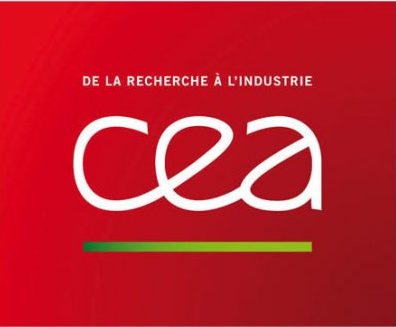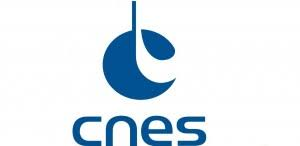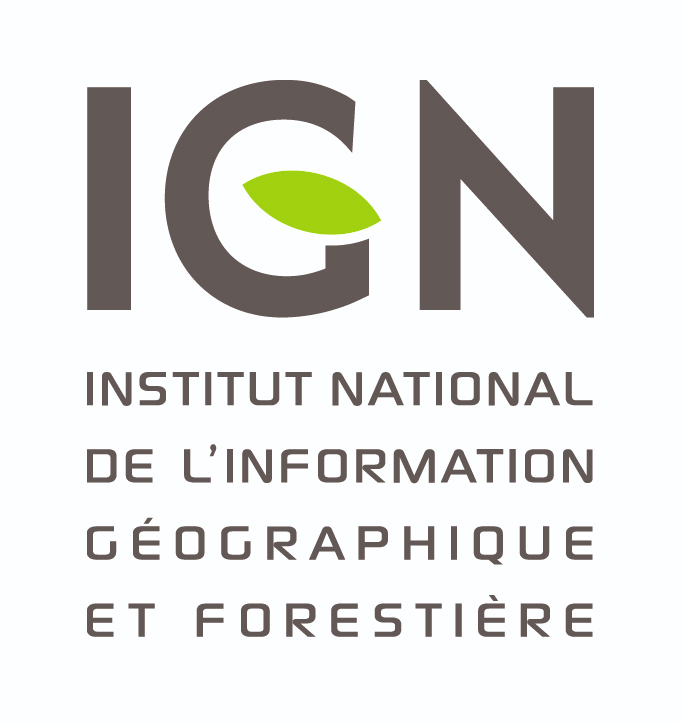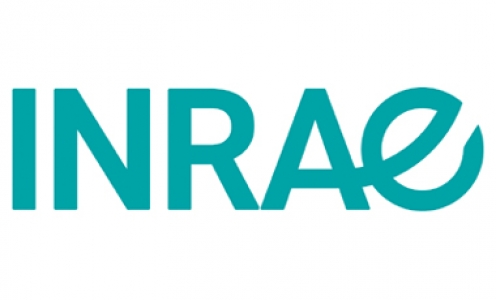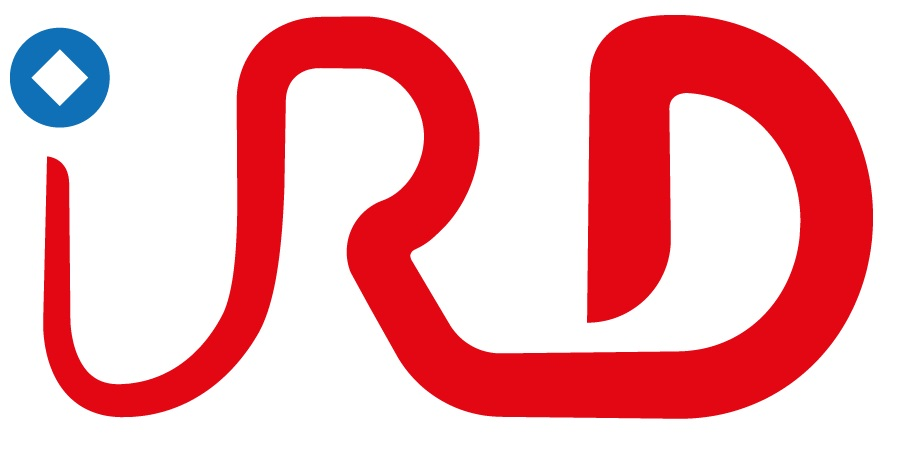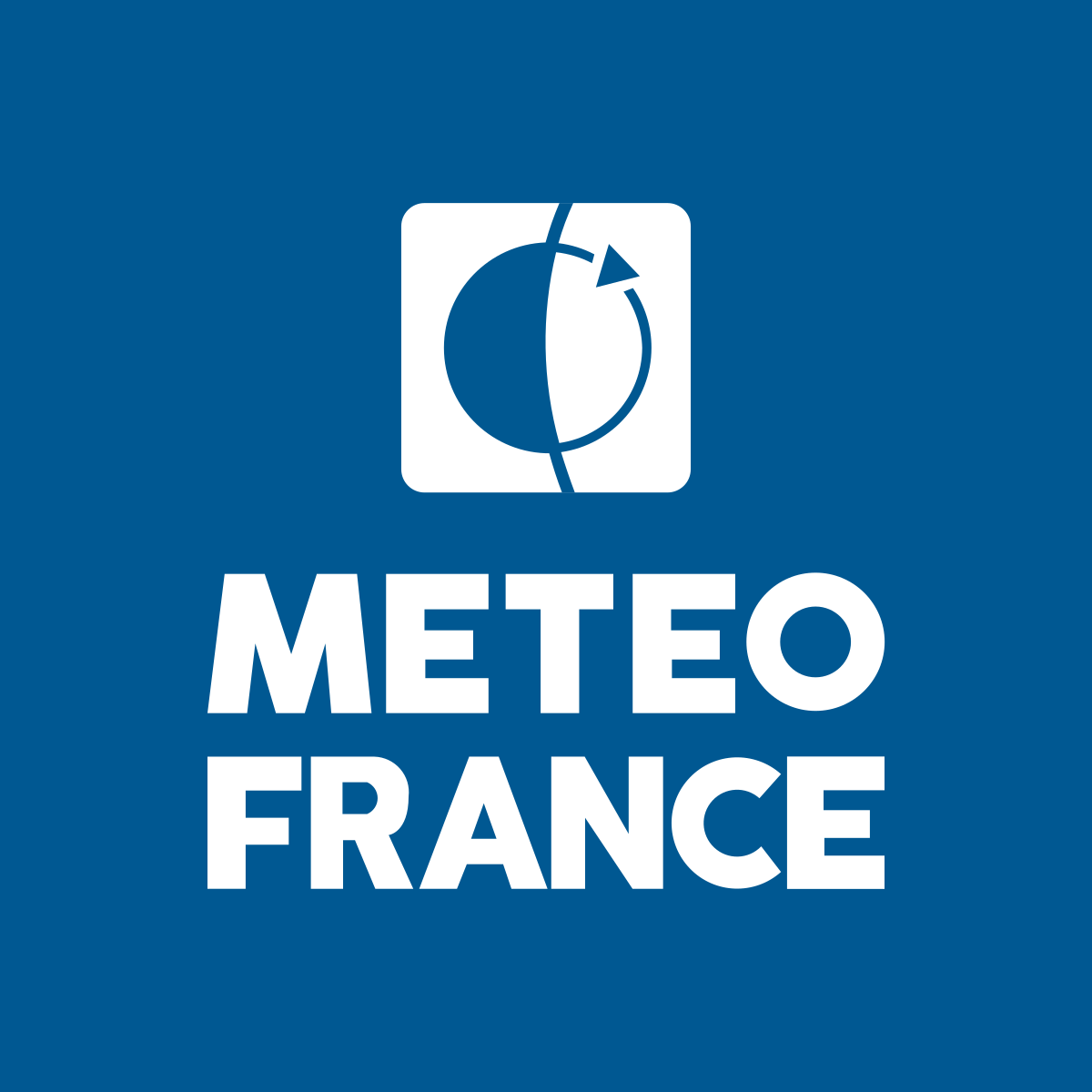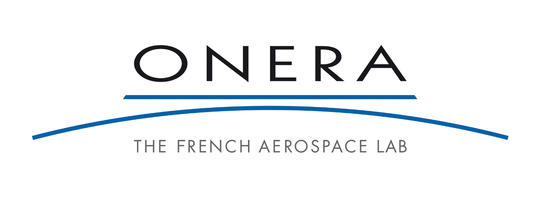[Thesis] Water quality variability by multi-sensors remote sensing in an Inland water/estuarine/deltaic environments.
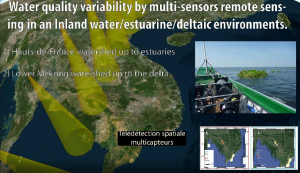
The Laboratory of Oceanography and Geoscience (LOG) of the University of Littoral Côte d’Opale (ULCO) is looking for a PhD candidate on the topic of water quality variability by multi-sensor remote sensing in continental/estuarine/deltaic environment, with applications to the Hauts-de-France watershed up to estuaries and to the Lower Mekong watershed up to the delta This topic is related to the Trishna mission and the S2 sensor.
Start of the thesis: October 1, 2023
Duration of the contract: 3 years
Remuneration: To be defined
Application deadline: Not communicated
Workplace: Université du Littoral Côte d’Opale, ULCO Maison de la Recherche en Environnement Naturel – UMR CNRS LOG 8187 32, Avenue Foch 62930 Wimereux – France
Keywords: Remote sensing, Monitoring, Anthropogenic forcing, Environmental forcing, Lower Mekong, Delta, Hauts-de-France, Estuary
Profile and skills required: Master 2 or engineering degree in remote sensing, signal processing, geostatistics, Python programming
Summary and presentation of objectives
Multisensor remote sensing techniques are crucial for understanding the functioning of marine, coastal/littoral and inland water systems as it is a synoptic technique useful to improve our understanding of water quality across the Continental/Sea continuum. Water quality variables that can be assessed by multispectral satellites are turbidity, chlorophyll (an indicator of phytoplankton biomass, trophic and nutritional status), colored dissolved organic matter (an indicator of organic matter and aquatic carbon), suspended solids and non-algal particles. The variable surface water temperature (ST) is also considered as a good indicator of the environment in terms of biodiversity/climate change and species migration corridor with well-defined thermal trajectories.
However, the ST has never been analyzed concomitantly with other variables, which greatly limits our understanding of the phenomena where water masses are extremely dynamics and vary from nothing to nothing in composition and quantity to within half an hour.
Via well-adapted algorithms and appropriated sensors (TRISHNA, Landsat, Sentinel, hyperspectral UAV, etc), handled images enable us to complete and densify the observations for better management of the territories, in this case :
1) the Hauts-de-France (HdF; CPER IDEAL& MARCO)
2) the Lower Mekong (BM, VolTransMESKONG CNES project & LMI-LOTUS).
Indeed, the water quality parameters (WQP) are useful for the evaluation of the sanitary quality facilitating a fortiori the good management of these spaces from the ecological, economic and also touristic point of view (bathing waters). Through this thesis project, for the HdF, the spatial/temporal monitoring of these indicators will, among other things, make it possible to understand the evolution and interactions between water masses and marine and coastal resources (biological and mineral) with a focus on estuaries. For the BM, climatic and anthropogenic forcings will be apprehended through the spatial/temporal analysis of water quality, its degradation and also the hydrosedimentary flows from the watershed to the delta.
Contact
Send your questions, CV and cover letter to Dr. Charles Verpoorter at charles.verpoorter@univ-littoral.fr





